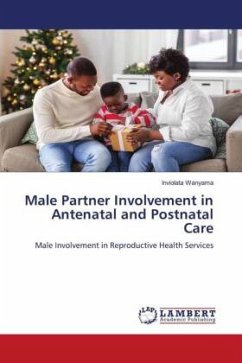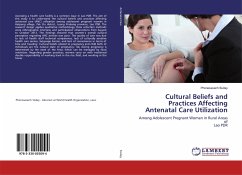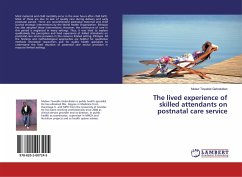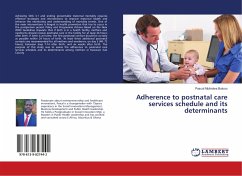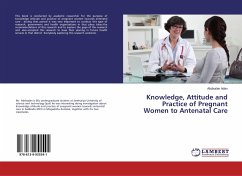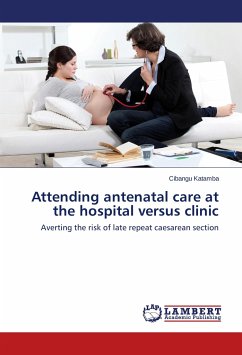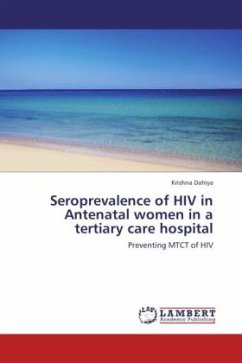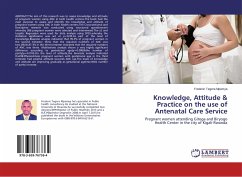Current global efforts as embodied in the Sustainable Development Goals (SDGs) state the need to reduce Maternal Mortality Ratio (MMR) to less than 70 per 100,000 live births by the year 2030. In the year 2015, MMR in Kenya was 510 per 100,000 live births. Men play a significant role in the health seeking behaviour of their families. Existing evidence suggest that increasing male participation in maternal and new-born health care improves maternal and new-born health outcomes. While determinants of men's involvement in reproductive health matters are known, these are likely to vary by social context. This study therefore sought to assess the determinants of male partner involvement in antenatal and post-natal care in Bumula sub County, Bungoma County, Kenya. The specific objectives were to determine the socio-demographic, cultural, and health facility factors influencing male partner involvement in antenatal care (ANC) and postnatal care (PNC) and to determine their perceived benefits of their involvement in these services. This was a cross sectional household survey.
Bitte wählen Sie Ihr Anliegen aus.
Rechnungen
Retourenschein anfordern
Bestellstatus
Storno

